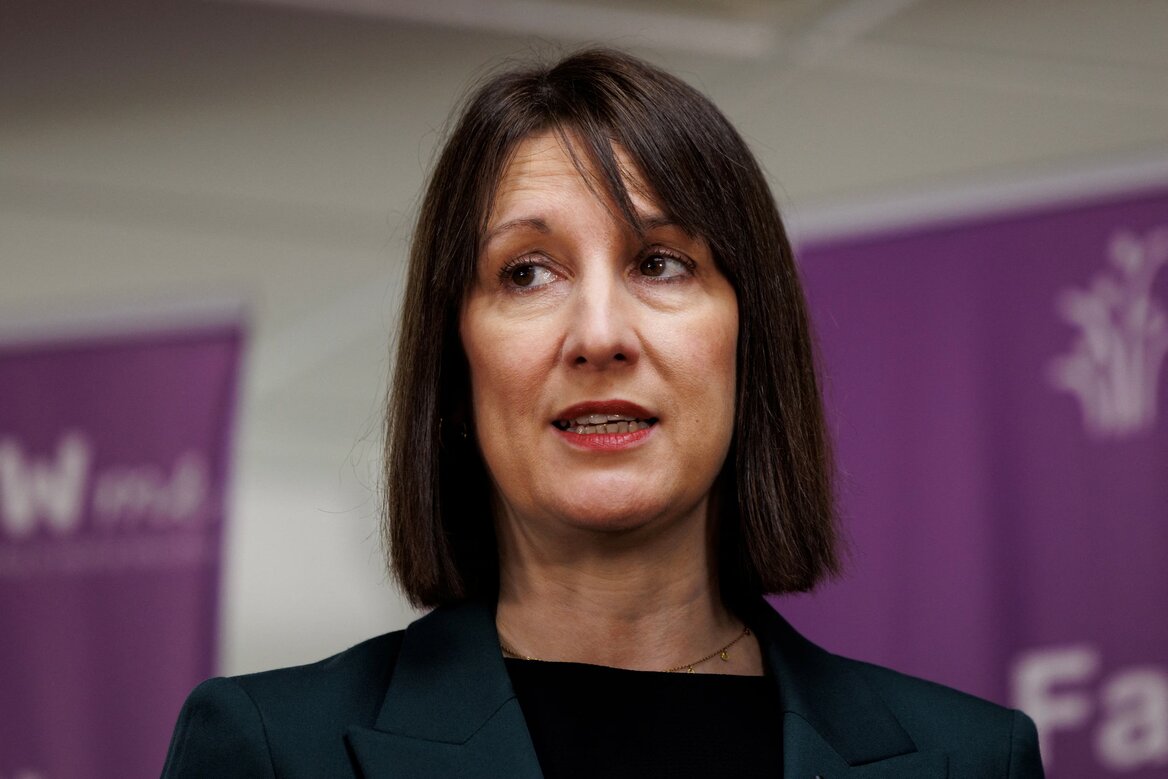
New Chancellor Rachel Reeves could soon unveil sweeping tax reforms aimed at wealth, land, and property ownership. With Labour now in power, the UK could see a shift toward more progressive taxation designed to tackle inequality, close loopholes, and generate revenue for public services. These proposals could have significant consequences for pensioners, homeowners, and property investors.
Although Labour has ruled out increases to income tax, National Insurance, and VAT, Reeves is reportedly considering other ways to increase government revenue without directly impacting working families. Instead, she may target unearned wealth, assets, and property gains, a move that could alter the financial landscape for many. Here’s what we know so far.
Rachel Reeves’ Tax Agenda: What Might Change?
Reeves has expressed her commitment to fairer taxation and fiscal responsibility. According to senior sources, Labour is exploring ways to tax accumulated wealth rather than earned income. The emphasis is on taxing unearned wealth, such as capital gains, investment property, and land value increases. Potential measures could include:
- A reform of Capital Gains Tax (CGT), particularly targeting property investors
- A land value tax or council tax reform to better reflect real property values
- Closer scrutiny of pensions and inherited wealth
While nothing is confirmed, insiders suggest these changes are under serious consideration as Reeves seeks to stabilise public finances.
Impact on Homeowners and Pensioners
One of the key areas under review could be the favourable tax treatment of property wealth. Reeves has reportedly received advice about ending the CGT exemption on main residences, though no official plans have been announced.
This raises concerns for older homeowners and pensioners who rely on the value of their homes as part of their retirement planning. If implemented, changes could:
- Reduce the tax-free gains on property sales
- Affect estate planning and inheritance strategies
- Create uncertainty in the housing market
Labour’s Position on Income Tax and National Insurance
Labour has made a clear pledge not to raise Income Tax, National Insurance, or VAT. Instead, the focus is on raising revenue from those with greater assets.
In Rachel Reeves’ own words: “There are no plans to raise taxes on working people.” The goal, according to Labour, is to ensure the tax system works for the many, not the few. Critics argue, however, that taxing assets nce still have indirect consequences for the middle class.

Could Council Tax Be Reformed?
Another area under potential review is council tax, which Reeves may aim to make more progressive. Critics say the current banding system is outdated and doesn’t reflect modern property values. A reformed system could:
- Replace council tax with a proportional levy based on property value
- Be more equitable in how public services are funded
- Increase bills for those in high-value homes
Taxing the Wealthy: Political and Economic Reactions
Labour’s approach has been cautiously welcomed by some economists who see it as a way to reduce inequality and boost public finances. However, others warn that high-net-worth individuals may move wealth offshore or seek legal tax shelters.
Business groups are urging clarity and stability. The Confederation of British Industry (CBI) stated that the new government should avoid sudden tax changes that could hurt investment.
What Happens Next?
No official policy papers have been released yet, but early indications suggest that tax reform will be a major theme of Reeves' first Budget, expected later this year.
Until then, individuals and businesses are watching closely. Property owners, in particular, may want to seek tax advice to prepare for possible changes.

What Happens Next?
No official policy papers have been released yet, but early indications suggest that tax reform will be a major theme of Reeves' first Budget, expected later this year.
Until then, individuals and businesses are watching closely. Property owners, in particular, may want to seek tax advice to prepare for possible changes.
Conclusion
Rachel Reeves’ possible tax reforms mark a significant shift in the UK’s fiscal policy direction. By focusing on wealth, property, and capital gains rather than income, the new Chancellor is sending a message that the burden of funding public services should fall more on unearned wealth.
While many welcome the idea of a fairer tax system, the details matter. Until clear policies are released, homeowners, pensioners, and investors may face uncertainty. Those with significant property or investment assets should keep informed and consider early financial planning.




